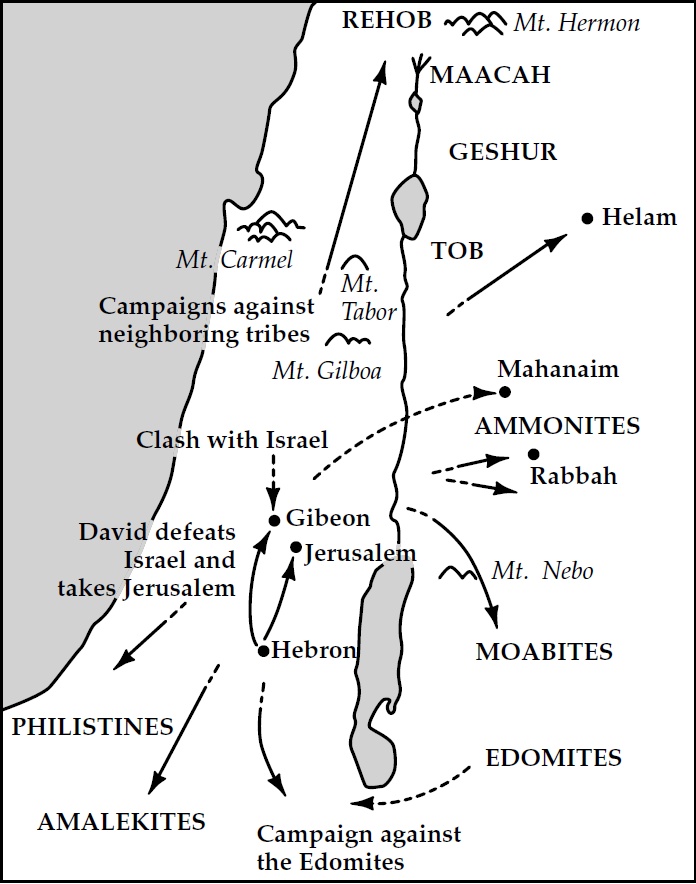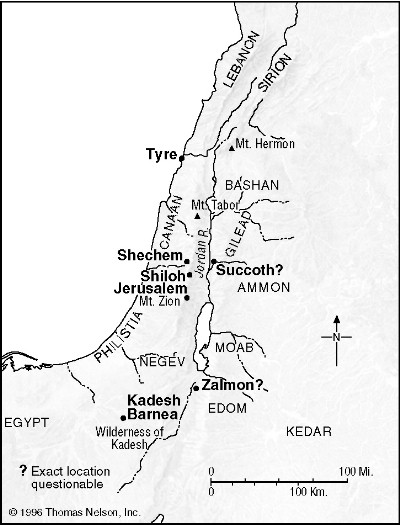Psalm 70 (cf. Psalm 40.13-17)
Psalm 70 and Psalm 40.13–17 are basically the same. There are slight variations. This has happened with Psalm 53 and Psalm 14.The superscription is the first to stand out. Psalm 70 adds the words “for the memorial offering,” which occurs elsewhere only in the superscription for Psalm 38 (see our study). This psalm is also like Psalm 9 in that the psalm that follows has no heading, which lead some to believe that, like Psalm 9 and Psalm 10, Psalm 70 and Psalm 71 belong together (see our study on Psalm 9 and Psalm 10). The other main difference, like Psalm 53 and Psalm 14, is that of changing the name for the covenant God of Israel (Jehovah [יְֽהוָה]) in the first and last verse to the universal God of creation (Elohim [אֱלֹהִים])David’s call in this psalm can be outlined as follows:
- Verse 1-Help me
- Verses 2-3-Punish them
- Verse 4-Praise Him
- Verse 5-Help me
This psalm of five verses contains many requests by David to God.
- Verse 1-Deliver me and help me
- Verse 2-put to shame and confusion those who seek my life and turn back and dishonor those who desire to hurt me
- Verse 3-turn back because of their shame
- Verse 4-let all who seek you rejoice and be glad in you and let those who love your salvation say evermore, “God is great!”
- Verse 5-hasten to me and do not delay (can you sense the desperation on David’s part?)
God answers prayers according to His timetable. Hebrews 4.16 reminds us that God gives us grace, His help, in His time. The greatest examples of this principle that I can think are found in John 11.1-46 with the death of Lazarus and Galatians 4.4 with the sending of Jesus to the earth.
How desperate are you for God’s help? Really? Ponder that question. How much do you really think you need Him through the course of the day? Can you get up without Him? Can you deal with the people in your life without Him? Can you handle the stress of the day without Him? The answer to these and other questions like them, is “yes.” Can you do it well and according to His will without Him? The answer to that question is “no.” Live life like it depended on your fellowship with God because it does.
Media
- Psalm 70 by Solomon’s Porch (Psalm 70 and Psalm 40)
- Mighty to Save by Hillsong (Psalm 70 and Psalm 40)
- Safe by Paul Wickham (Psalm 70 and Psalm 40)









